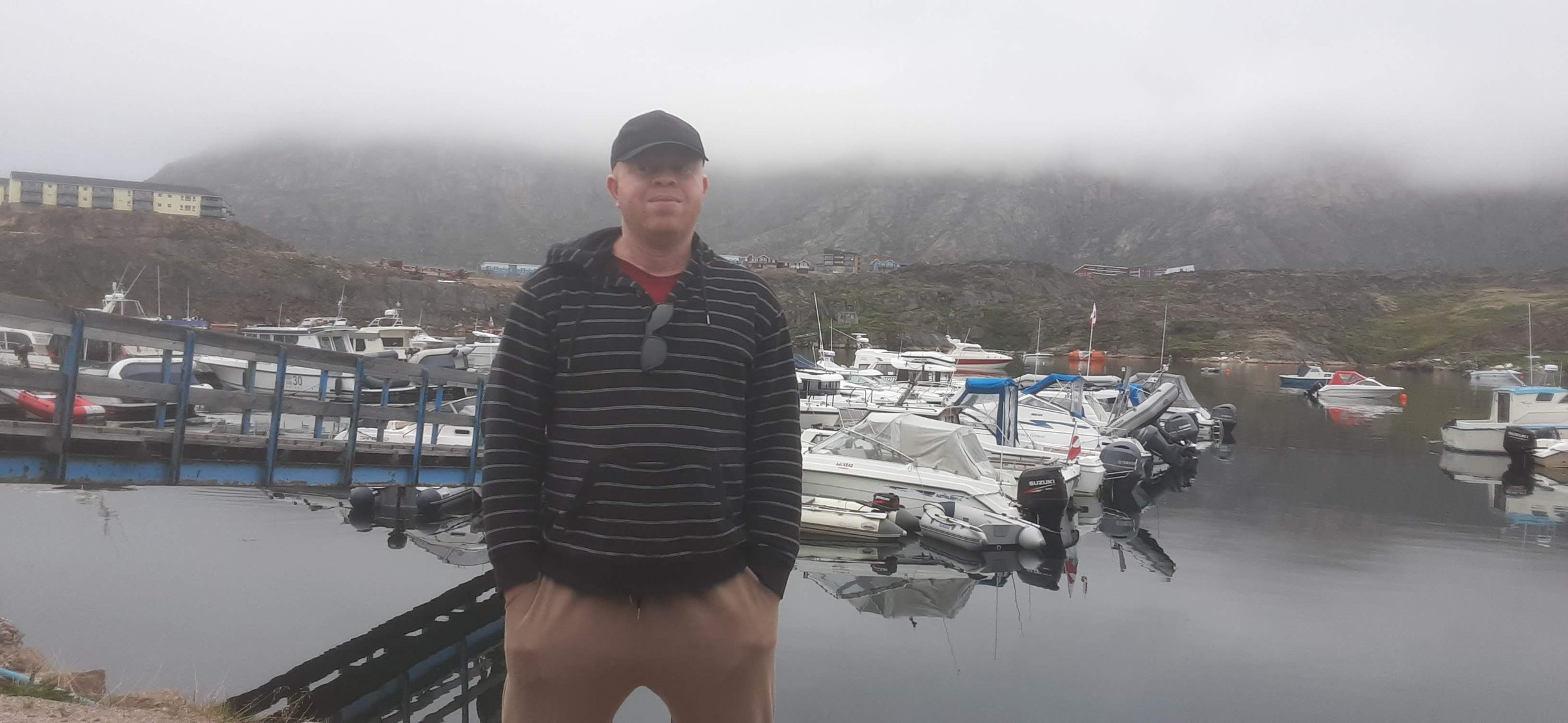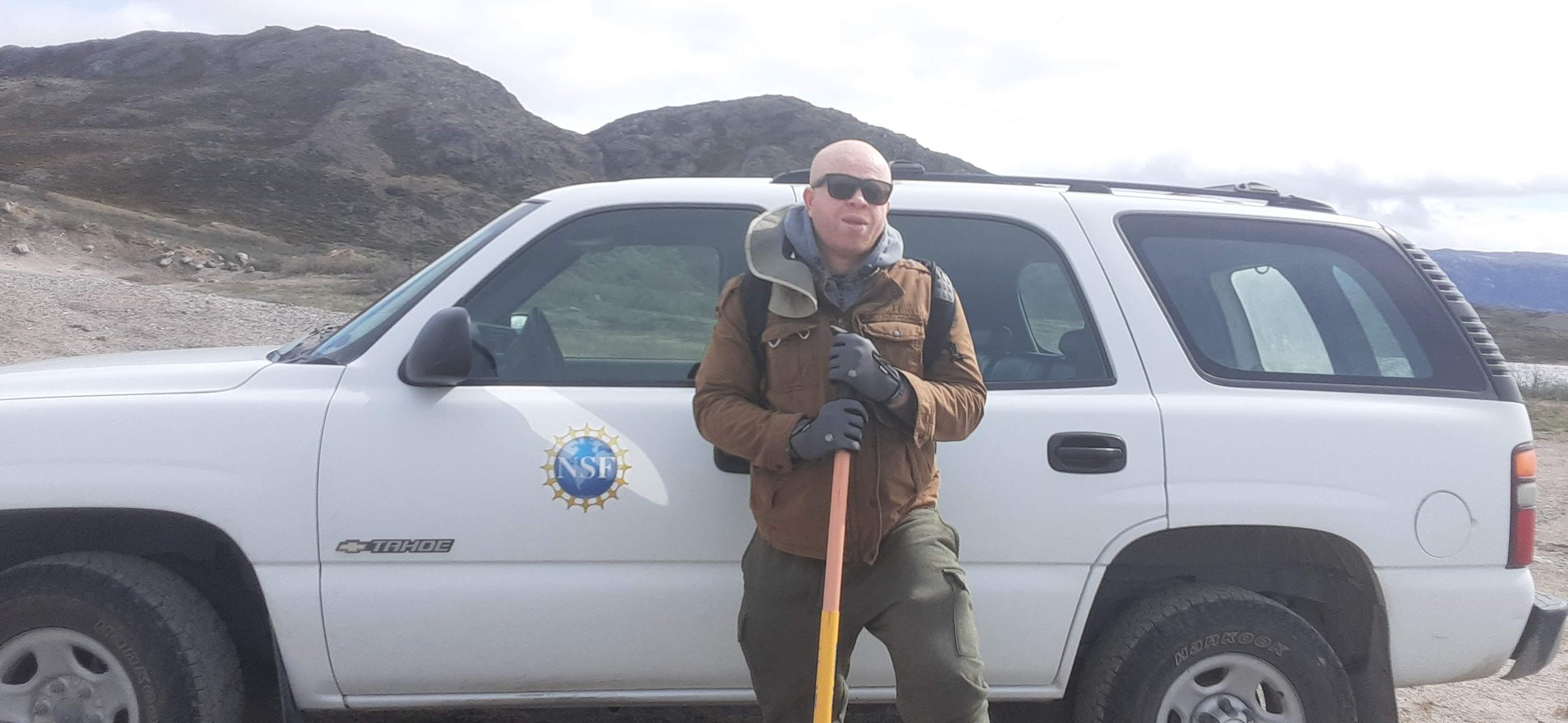I’m Izuchukwu Ezukanma!
I grew up in Ogidi, a small town about 5 miles from the banks of the Niger River in Anambra State, Nigeria. I study bryophytes, a group of usually small plants that grow attached to different substrates like tree barks and walls. In low lying places and hot places like the tropics, bryophytes are not the dominant vegetation. But in places where it colder, in higher elevations, and towards the poles, bryophytes tends to get more abundant to the point that it becomes the dominant vegetation.
My research is focused on the role bryophytes, the major vegetation in the Arctic play in biogenic weathering and release of nutrients from deglaciated landscapes in the Arctic.
It is fascinating to connect how processes like the melting glaciers in the Arctic could be a serious source of concern to far-flung places like Lagos, Nigeria which can be submerged even from a marginal increase in sea level.
I was working at the University in Lagos before I got the opportunity to join the research team working in the Arctic. Understandably, very few researchers that grew up in Africa are currently working on Arctic related projects apparently because they would prefer to focus on other challenges like desertification and drought which are major challenges in Africa. Likewise, many low-lying coastal communities could be vulnerable to sea-level rise which are directly linked to ice loss in the Arctic.
I often tell people that before I went to Greenland in the Summer of 2022, the coldest place i ever been to was Florida. So it was bit challenging for someone that grew up in Tropical Africa to go camping on the ice sheet during the fieldtrip. During our field deployment in Kangerlussuaq, I 'discovered' that we could use the gym free of charge. It was a good distraction for me. I really enjoyed going to the gym during our field deployment just like I do while on campus in Florida.
Initially, Covid prevented us away from the Arctic for two years. When I finally got to visit the Arctic, I was fascinated by the beautiful landscape despite not having trees, and tree canopies. I struggled with the 24-hours daylight regime during my first field deployment.
I am not so sure my family members really understand my research. But they are really happy for me to be travelling to places no one they know have ever been to. As far as they are concerned, my travelling to all these new places is all they care about.
Moving forward, I would love to continue working on projects related to biodiversity, conservation, and climate adaptation and resilience.
If you have an appetite for adventure, stepping out from comfort zone and trying new things and meeting new people, polar research is a good area to check out.
Follow Izuchukwu on Twitter @IEzukanma





